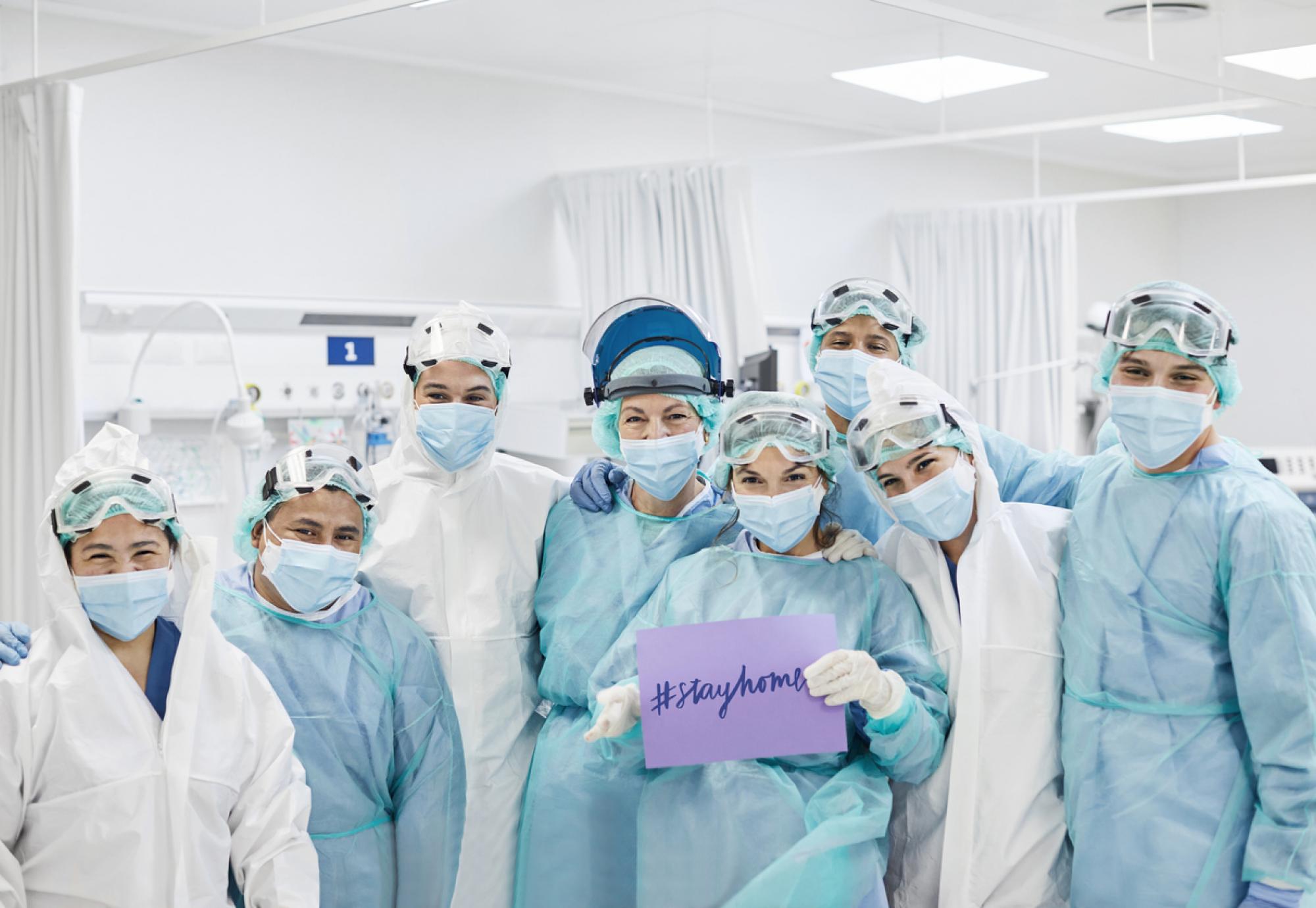According to data from NHS England, the number of people waiting more than 52 weeks to start treatment, decreased by more than 50,000 in April. There was also an increase in the number of operations and elective care carried out, returning to pre-pandemic levels, with activity at 90%. This is well ahead of the 75% threshold set out in official guidance.
Despite caring for 400,000 seriously ill patients with Covid-19 since the start of the pandemic, and the challenges experienced - 1.1 million began receiving treatment, and 1.8 million patients were able to have diagnostic testing in April.
The data also showed cancer services were starting to improve again, with more than 200,000 people referred for cancer checks during April. Cancer treatment rates are also back at the usual levels, with 24,963 people starting treatment. This shows an increase of more than 4,000 compared to the same time last year (20,574).
The NHS also published a faster diagnosis standard for cancer for the first time, allowing patients to receive a definitive diagnosis or news of being cancer free within one month. These steps were taken as a result of the Cancer Taskforce’s recommendation, and is part of the NHS’s Long Term Plan aimed at finding cancer at an earlier stage.
The number of diagnostic tests, which include CT scans and biopsies, increased to 1,847,500 in April this year, an increase of 202% since April 2020.
Professor Stephen Powis, National Medical Director for NHS England, said: “Despite the extensive disruption to care caused by the pandemic, it’s encouraging that today’s figures show routine operations, cancer and mental health care have now all rebounded sharply.
“Average waits for non-urgent care have fallen to 11 weeks, and the number of people waiting over 52 weeks fell by more than 50,000 in April. Mental health services are back at pre-pandemic levels, and treatment rates for cancer are also now back to usual levels, with nearly nineteen out of twenty people starting treatment for the disease within one month.”
In line with the NHS’s target to restore services to pre-pandemic levels, they invested £1bn in elective recovery, and announced their Elective Accelerator programme last month. The programme will benefit 12 trusts and five specialist children’s hospitals, with each receiving a share of £160m to increase the number of elective operations delivered.
Other services which made important steps to restore services to pre-pandemic levels was the mental health sector. The incentive was down to the increase in patients being referred for talking therapies for depression and anxiety. The access to Psychological Therapies referrals, significantly increased from 133,365 in February 2021 to 159,140 in March, and from 108,330 last year.



















